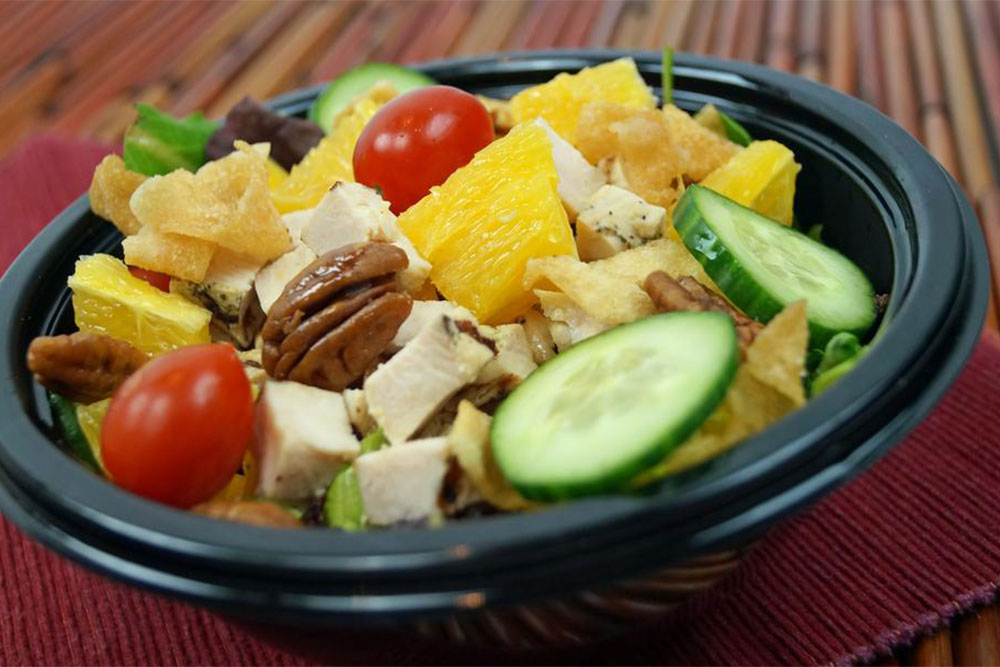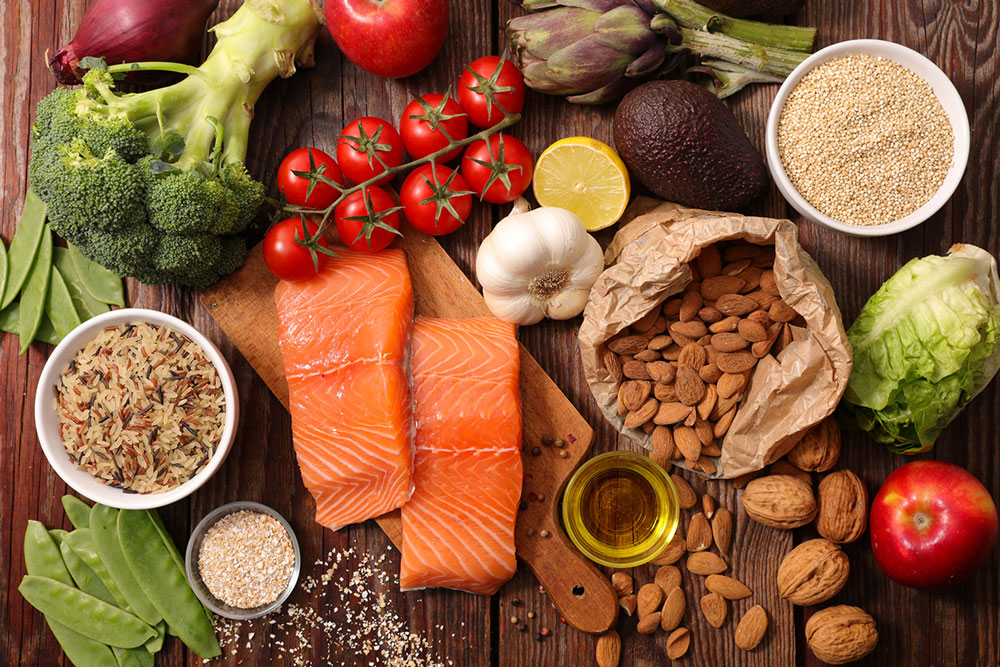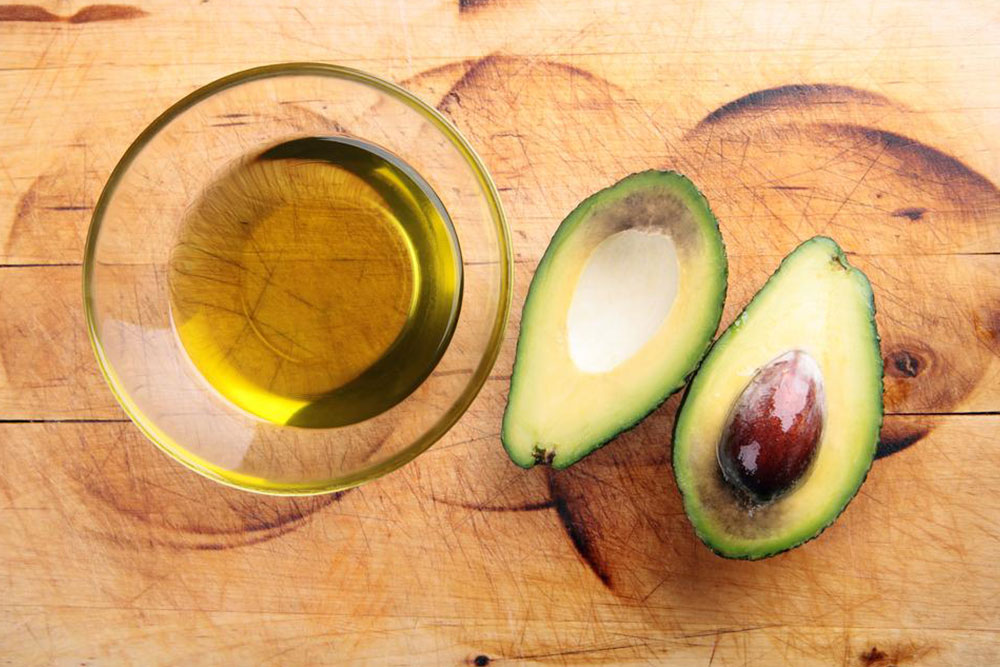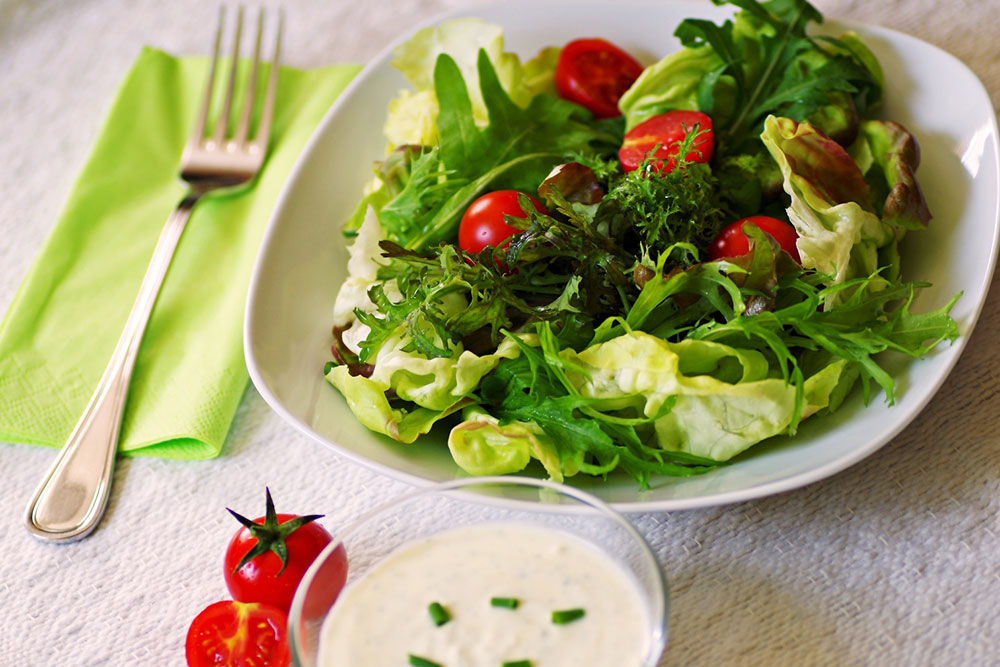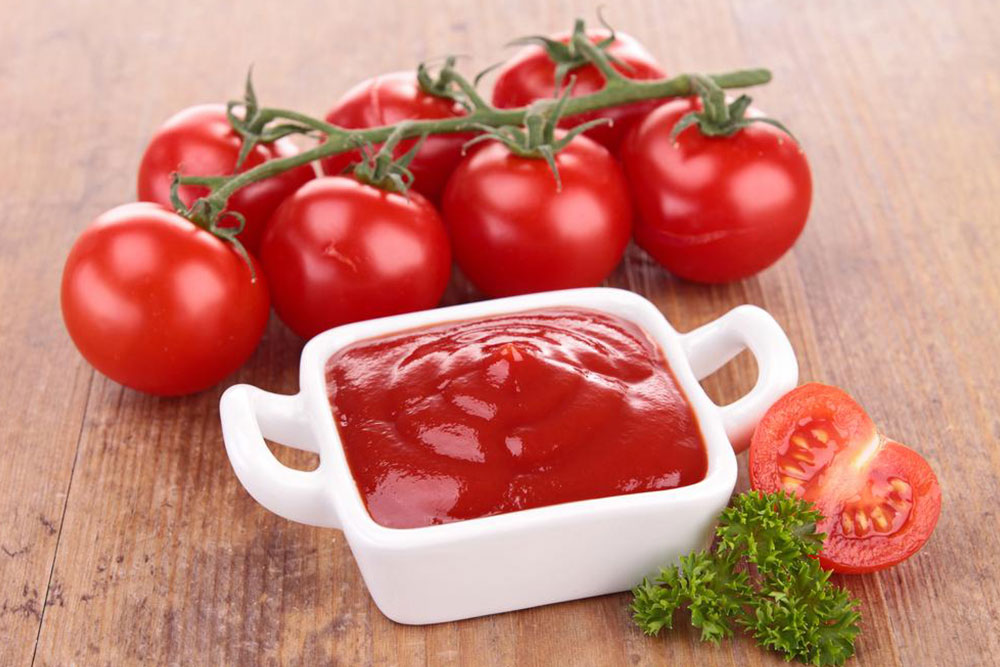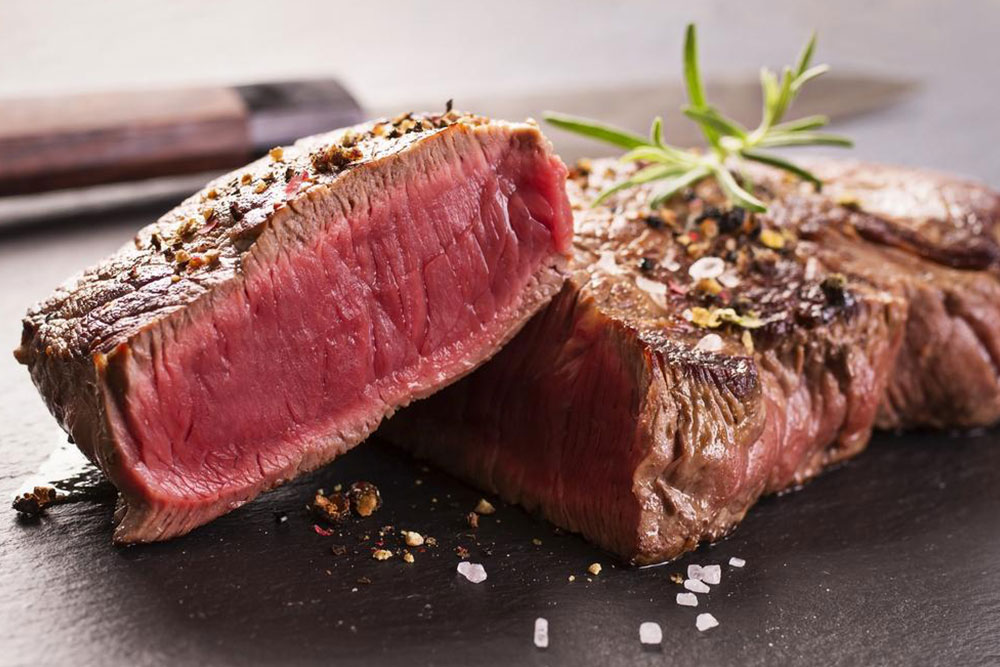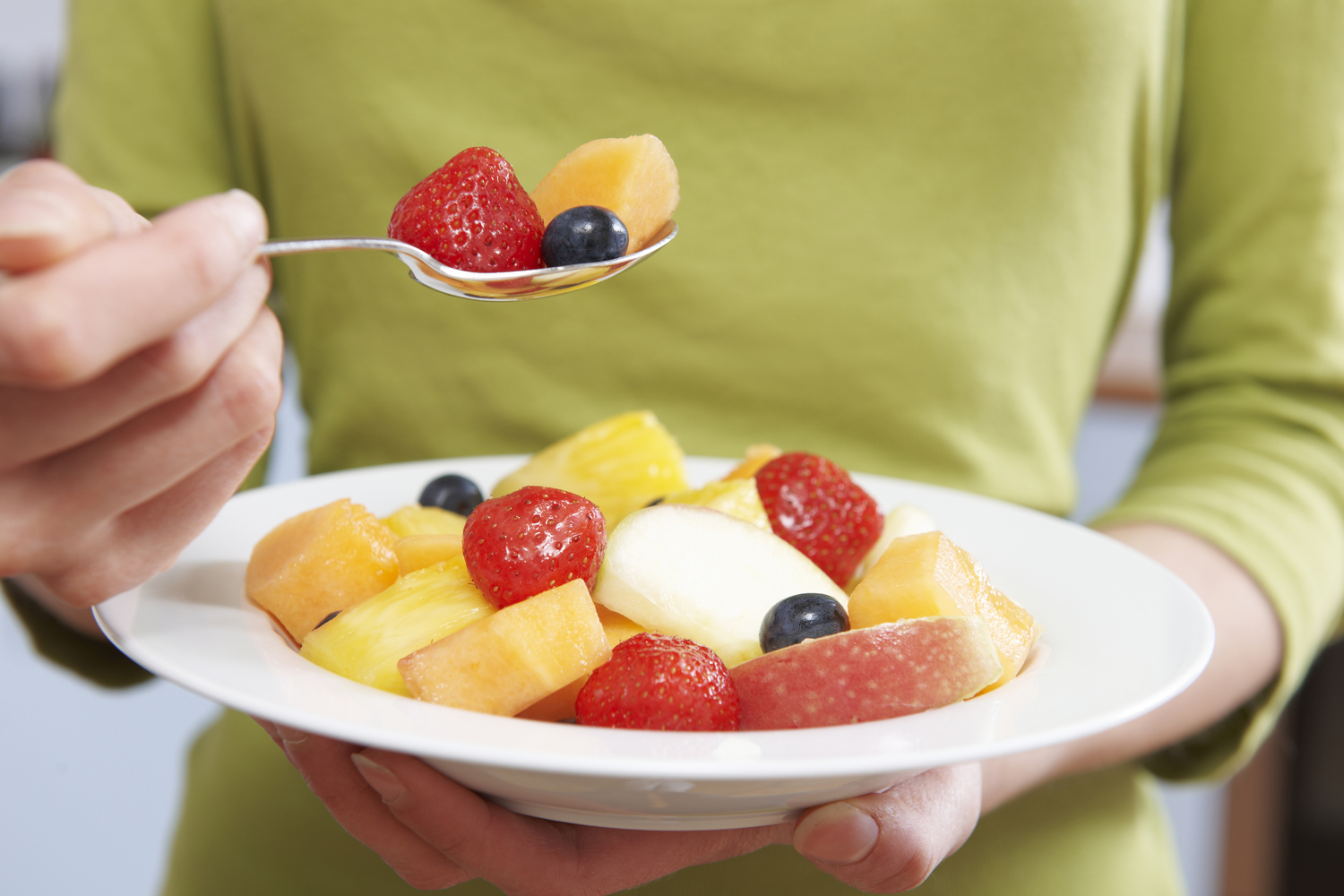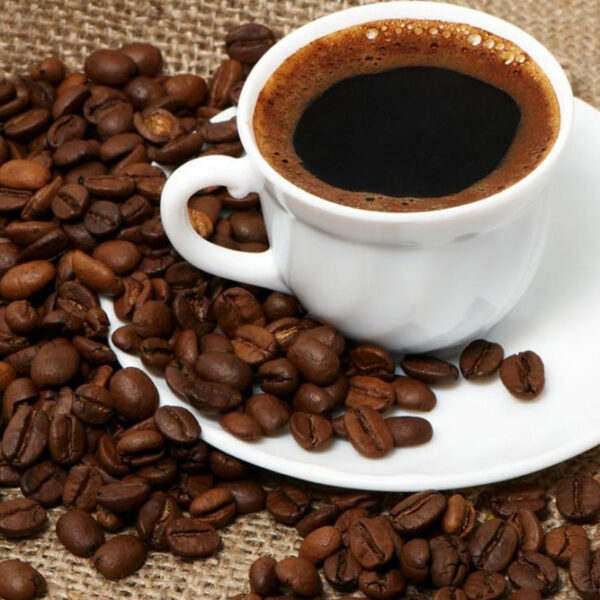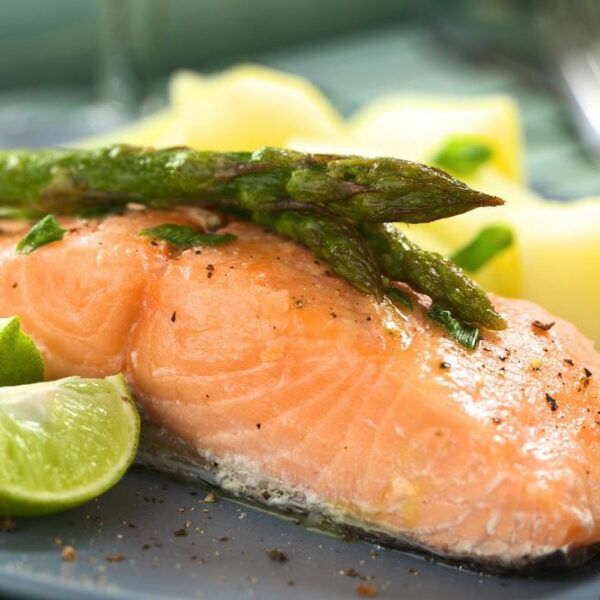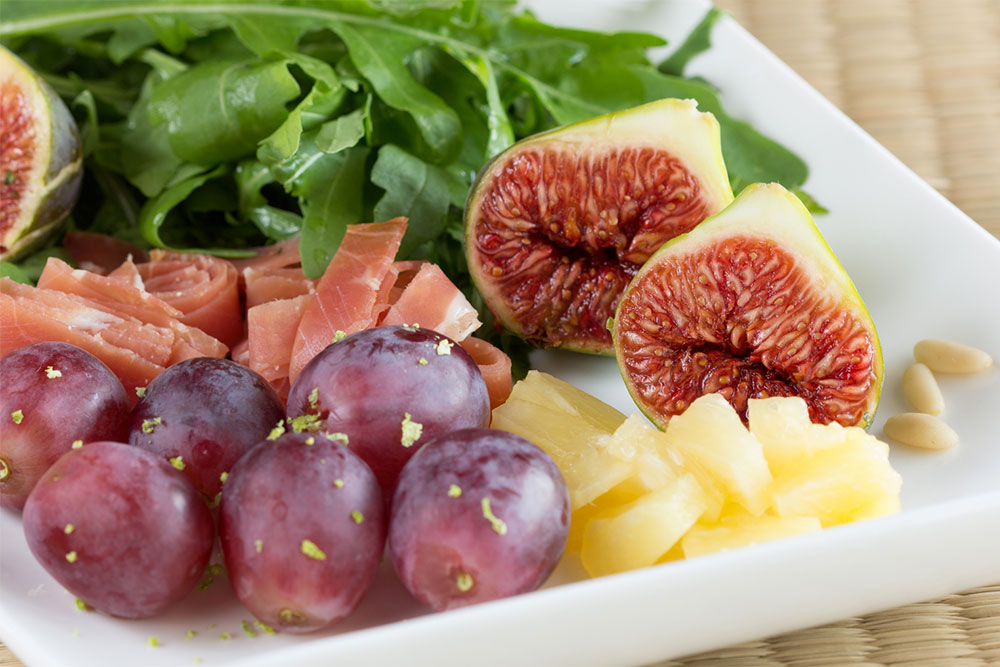
Diets & Meal Plans
Best foods for relieving constipation
Almost a third of the population over the age of 60 in the country have experienced symptoms of constipation, which increases with age. An outcome of a poor lifestyle and diet, constipation is difficulty in passing stools or reduction in one’s bowel movement. This article lists foods that not only relieve constipation but are also better for bowel movements. Water: Water is probably the solution to half the health problems in the world. Since dehydration is one of the commonest causes of constipation, and drinking plenty of water can often help in easing or resolving the symptoms. Due to dehydration, the intestines are unable to add enough water to stools — this results in lumpy, dry, and hard stools, leading to constipation. Pulses: Most pulses such as peas, chickpeas, lentils, beans, and more are extremely rich in fiber, which is a nutrient that promotes good digestion and reduces constipation. According to a study conducted in 2017, 100 grams of cooked pulses pack in close to 26% of the daily recommended fiber intake. It also contains substantial quantities of other nutrients that help in easing constipation, such as vitamin B6, zinc, folate, and potassium. Broccoli: Broccoli is an extremely healthy vegetable and contains sulforaphane, which is a substance that could end up protecting the gut and easing digestion too. Sulforaphane could also help in preventing the overgrowth of some intestinal microorganisms, which could interfere with healthy digestion. Broccoli is also said to improve bowel movements. Yogurt and kefir: Probiotics are extremely effective in improving gut health. Many dairy products, including kefir and yogurt, contain microorganisms called probiotics, helping improve gut health and in softening stools. According to a 2014 study, 180 ml of unflavored probiotic yogurt every morning for two weeks improved bowel movements in those with chronic constipation. Fruits: Specific fruits such as pears, apples, grapes, kiwis, raspberries, and blackberries are helpful in solving the problem of constipation.
